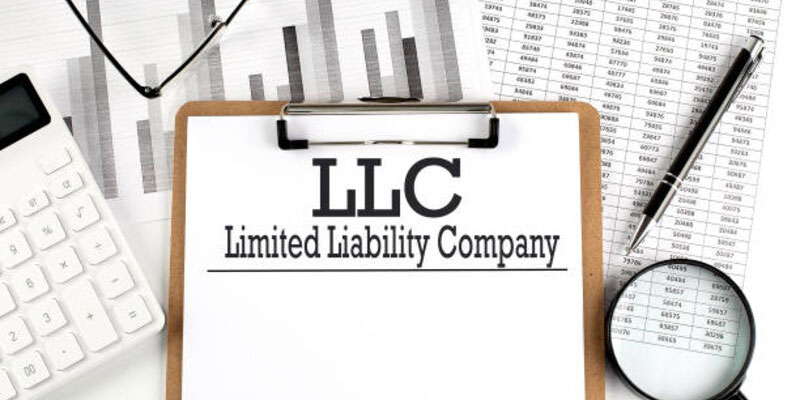Having your identity stolen is undoubtedly not a relaxing day at the beach. The effects of having their identities stolen may linger for weeks, months, or even years after the crime has been committed. Clear one's name requires time, effort, and, often, financial investment. Even if you weren't the one who perpetrated the crime, it could seem like you're serving time because of the consequences.
What Does It Mean to Freeze Your Credit?
Your credit report will be locked, and any new queries will be prevented if you place a credit freeze, commonly referred to as a "security freeze." An application for credit would most likely be turned down during a freeze since most financial institutions demand a credit check before they process an application. Thieves who steal identities will have more difficulty opening a bank account in your name. If any of the following describes your situation, you might consider putting a freeze on your credit report for further protection.
- A data breach has caused your personal information to become public.
- Someone has used your identity without your permission.
- Someone has gotten their hands on the number on your credit card.
- Your mail has either been tampered with or taken without your consent.
- You are concerned about the possibility of having your identity stolen.
- Your credit monitoring service discovered the information on you on the dark web.
How Does a Credit Freeze Work?
Putting a security freeze on your credit report prevents new creditors and lenders from requesting a copy of your credit report. Instead, when you are ready to apply for credit, you will be required to release the security freeze to enable a credit draw temporarily. This is necessary to proceed with the application. It is possible that you will not know in advance which of your three credit reports the firm will examine; therefore, it is in your best interest to defrost all of them.
If you request to lift the freeze online or over the phone, the change will take effect within an hour of your request. If you send in your request via the mail, the bureau will remove the hold on your account within three business days of receiving it, provided that the request was sent in. After you have placed a freeze on your credit, the credit bureaus are obligated to send you an email confirming the freeze within five business days.

The security freeze, however, does not prevent anybody from accessing your credit information. Creditors and lenders that have access to your accounts can already see your credit report and credit score. Others can check your credit, including potential landlords, employers, and insurance agencies. Even though your credit is frozen, law enforcement authorities can still view your credit record and score.
The Steps to Putting a Freeze on Your Credit
If you call each of the three leading credit agencies separately, you can freeze your credit report at each of them. You will be required to provide some personal information and choose either a set of security questions or a unique identification number (PIN) to use if the freeze is removed or replaced.
Online
The quickest method to do this is to freeze your credit report online, which may be done immediately on the websites of all three credit bureaus:
- Equifax \sExperian \sTransUnion
- By Phone Equifax: 888-298-0045
- Experian may be reached at 888-EXPERIAN (888-397-3742), and TransUnion can be reached at 888-909-8872.
If you submit the request to freeze your credit online or by phone, the credit bureaus must comply with the law and put the freeze on your account within one working day. Requests to freeze your credit report sent in must go into effect no later than three business days after receiving them.

By Mail
Sending in your full name, current address, and Social Security number is essential for using TransUnion. Also, you must submit a PIN you'll use for your credit freeze. Freezing one's credit may be an effective deterrent against identity theft. Be warned, however, that placing a freeze on your credit record may not protect against all sorts of fraudulent activity. If a company does not work with a central credit bureau, then thieves can create accounts with that company. They could also be able to conduct other sorts of fraud, such as using your credit card or bank account without your permission or submitting tax returns under your name. Companies with whom you already have an established working relationship will still have access to your credit information and can use it for credit reporting or to increase your credit limit.




